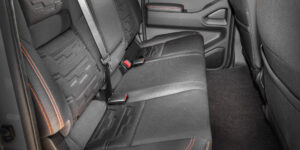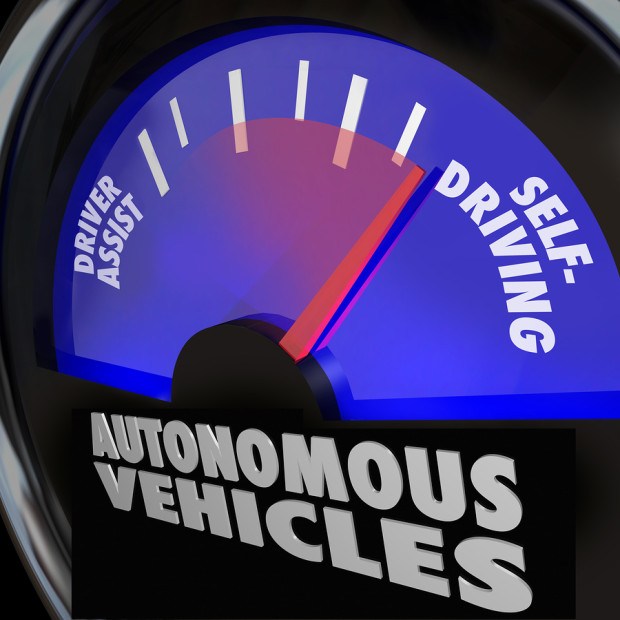Alphabet Inc’s Waymo will launch a ride-hailing service with no human behind the steering wheel and has been testing the fully self-driving cars on public roads in Arizona, Chief Executive John Krafcik said on Tuesday.
The test without a human in the driver’s seat is a first in the United States as large tech companies, big automakers and well-funded startups race to develop fully autonomous cars.
While self-driving car companies test their vehicles in public, they routinely have a human in the driver’s seat ready to take over if the technology fails.
Waymo said members of the public will begin riding in its fleet of Fiat Chrysler Pacifica minivans without human drivers in a test run of the service in the next few months in certain areas of Phoenix, Arizona, which has dry, predictable weather. Developers are still grappling with vehicle performance in snow or heavy rain.
Members of the public taking part in the company’s trial in Phoenix will be its first customers, using a ride-hailing app.
At first, those passengers will be accompanied in the back seat by a Waymo employee, but eventually they will travel alone, although they will be able to hit a button to stop the car.
It will roll out the service to the wider public at a later date, although it did not say when.
The service will be free at first, but Waymo expects at some point to start charging for rides, a potential way to earn revenue to help offset the steep costs involved in developing the technology.
The state of Arizona has no restrictions on self-driving cars, unlike California and some other states.
“Because we see so much potential in shared mobility, the first way people will get to experience Waymo’s fully self-driving technology will be as a driverless service,” Krafcik said in prepared remarks after announcing the launch in Lisbon.
The U.S. National Highway Traffic Safety Administration did not immediately comment on Tuesday but said in September last year that conventionally designed vehicles that can be operated autonomously faced no specific federal legal barrier.
With over eight years of testing under its belt, Waymo is a pioneer of self-driving technology and has tested its system in six states, the latest being Michigan.
Last week, U.S. auto retailer AutoNation Inc announced a multiyear partnership forvehicle maintenance and repairs for Waymo’s self-driving car operations.
General Motors Co, which acquired autonomous driving start-up Cruise Automation for a reported $1 billion last year, has signaled its intent to test a robotaxi service in the near future.
GM Chief Executive Mary Barra said in October the company aims to take the driver out of its self-driving vehicles “in quarters, not years.” The carmaker’s goal for its Cruise self-driving car unit is to “safely develop and deploy self-driving cars at scale” in dense, urban environments, not suburbs.
(Additional reporting by David Shepardson in Washington and Joe White in Detroit.)





















 State Farm Mutual to Pay $5B Dividend to Auto Insurance Customers
State Farm Mutual to Pay $5B Dividend to Auto Insurance Customers  Four Practical, Data-Backed Steps for Preventing Nuclear Verdicts®
Four Practical, Data-Backed Steps for Preventing Nuclear Verdicts®  Berkshire Hathaway Profit Falls; Insurance Income Lower for GEICO, Other Ops
Berkshire Hathaway Profit Falls; Insurance Income Lower for GEICO, Other Ops  AI Got Beat by Traditional Models in Forecasting NYC’s Blizzard
AI Got Beat by Traditional Models in Forecasting NYC’s Blizzard 





